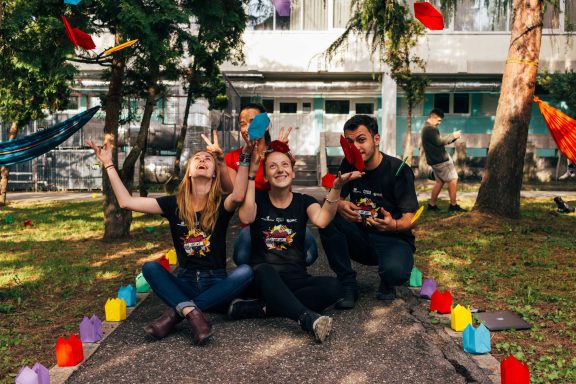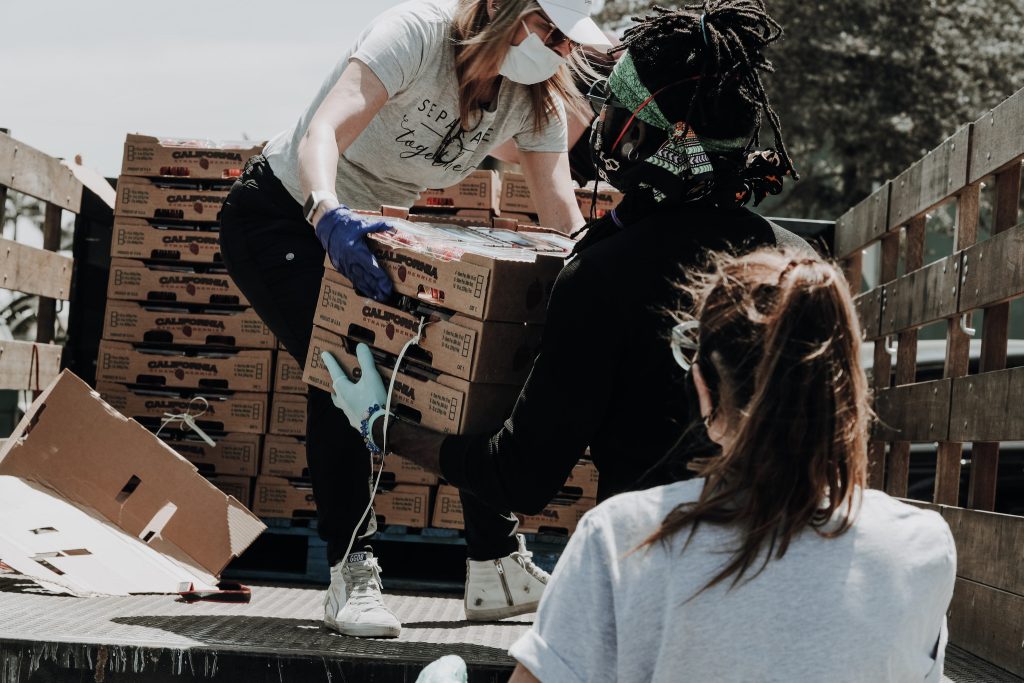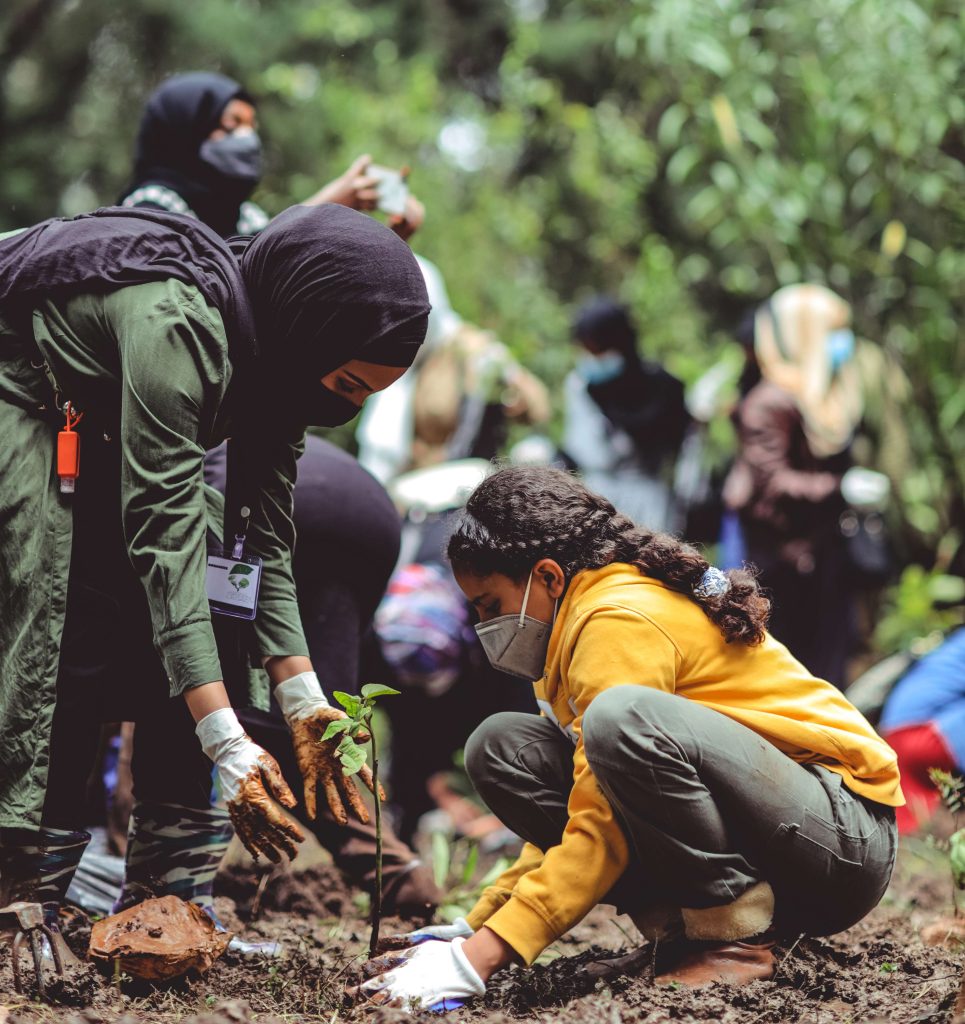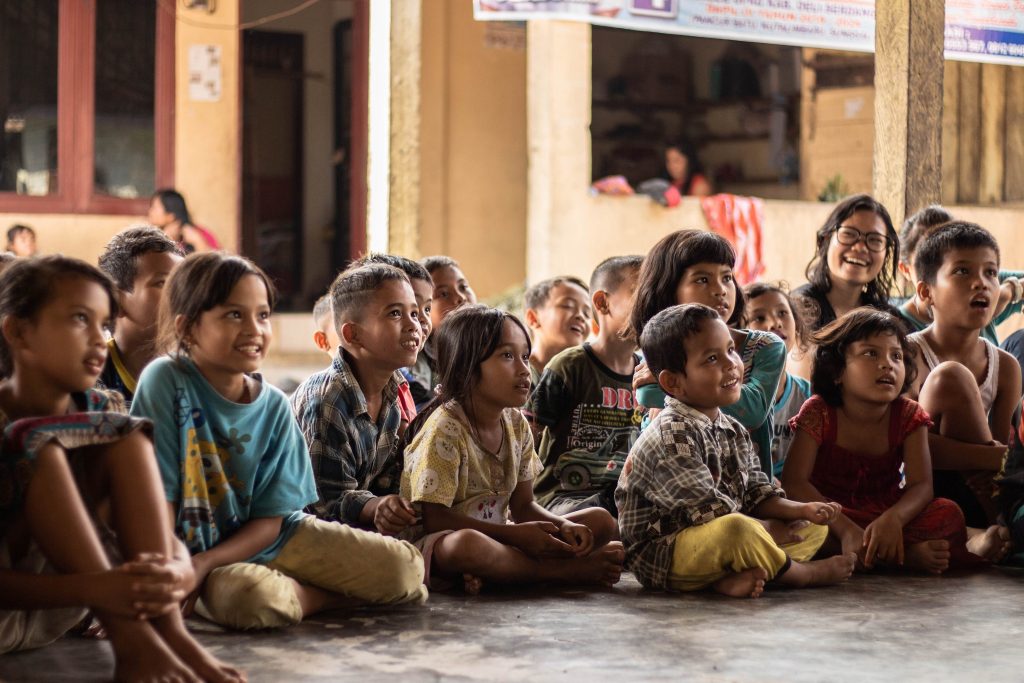10% off your next stay!
Join the Saintlo adventure and enjoy 10% off your next stay in Montreal and Ottawa.

In this article:
Volunteering abroad can be a truly rewarding experience, but it can also turn into a nightmare. You could find yourself in a less than perfect situation or even helping an illegitimate organization. Before committing to a voluntourism project, you should ask yourself these questions.
Ask yourself why you want to volunteer abroad. Is this an interesting work experience to add to your resume? Do you want to give back to local people? Do you want to get to know new cultures? Your motivations will guide the nature and duration of the project. You can then do your research to make sure the chosen program meets your needs.
Is the country safe? How will your presence and help be perceived? The challenges of volunteering are not the same in an industrialized country as they are in a developing country. Do as much research as possible on your destination so that you can learn appropriate cultural behaviours and be ready for any potential challenges well before you leave.

Unfortunately, there are some organizations who will try to take advantage of your good intentions. Here are some tips to make sure the organization you want to do business with is legitimate:
It’s normal to have to pay for this kind of volunteer program. However, make sure you know all the inclusions and exclusions to avoid unpleasant surprises. This information should be on the organization’s website.

A volunteer project must always meet a community need. Ask yourself if your voluntary presence takes away job opportunities for the local population. Does the project follow sustainable development principles? Is the solution that you’ll be part of a temporary one or viable over the long-term?
For short-term projects, frequent volunteer turnover will not negatively affect the success of the program. Cleaning up litter on the beach, for example, or planting trees. On the other hand, a business development project for female victims of domestic violence requires consistency over time among its volunteers for the benefits to be real.
Do you have what it takes to perform these tasks at home? If your answer is “yes”, then you should be fine. Beware of programs that say they don’t require any skills for projects that most probably do: jobs like construction, teaching, medicine and child care. Plenty of volunteer tasks require specific skills. If they don’t ask for a diploma during the registration process, ask questions yourself. Your volunteer project is an opportunity for intercultural and interpersonal learning, not the time to focus on developing new technical or academic skills. Another important point to consider is the language barrier. Does the project require special language skills? Can you perform the requested tasks with your current fluency?
If you engage in a volunteer program with a certified organization, you should receive a minimum of training. Find out what type of training is given before you arrive at the volunteer destination. Will they give you materials to get prepared, or can you speak with somebody who’s completed the same program? Ask what kind of training they’ll give you once you get there. It might be simply an information session with a member of the team or a guided tour of the workplace.

Do you know who to contact if needed and can you reach them any time? Will there be someone available at all times at the destination? Is assistance offered with visa procedures and other official travel matters.
Have you done all the research you need? Do you know the climate, the geography and the vaccines to get? If you chose a program in a developing country, you may experience intense culture shock or overwhelming emotions. Have you thought over the major consequences this project may have in your life? If your expectations are unrealistic, you may be disappointed in where you end up. You’ll need to be flexible and resilient. Our advice is to get ready to find ways to see the positive side of things, whatever the situation.